Miami’s chief heat officer calls for action on ‘silent killer’ in climate crisis
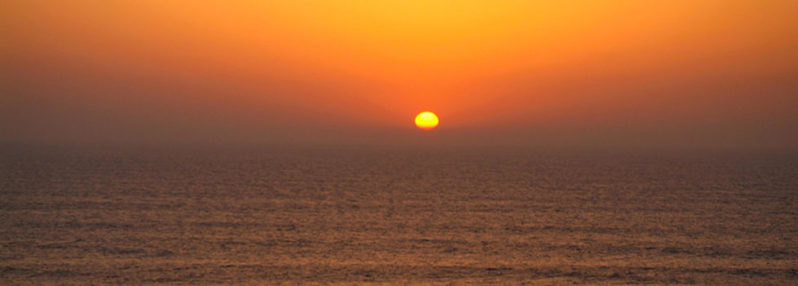
Miami’s new chief heat officer has called for greater federal and state action on the lethal threat posed by rising temperatures after becoming the first official in the US appointed to focus solely on heatwaves.
World will lose 10% of glacier ice even if it hits climate targets
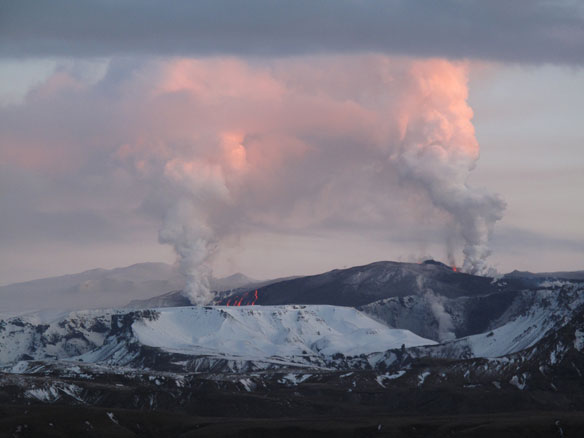
A tenth of the world’s mountain glacier ice will have melted by the middle of this century even if humanity meets the goals of the Paris climate agreement…
US climate research outpost abandoned over fears it will fall into sea
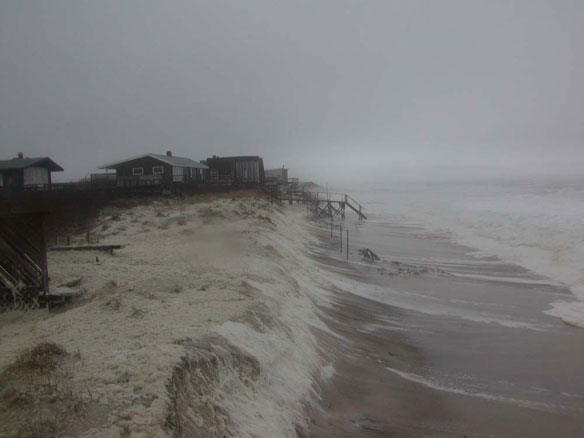
Twice a day for the past half a century, a weather balloon to measure atmospheric conditions was released from a research station situated on Cape Cod, Massachusetts. Faced with advancing seas that are set to devour it, the outpost has now been abandoned.
Sea-level rise is creating ‘ghost forests’ on an American coast
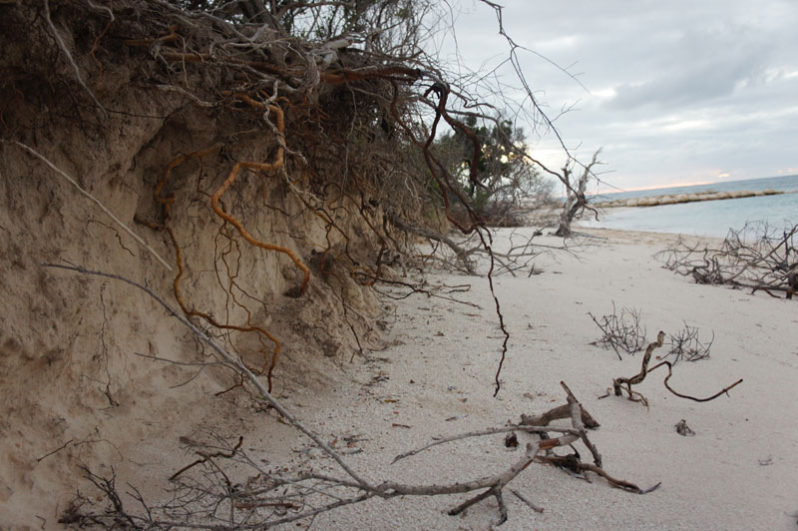
In coastal North Carolina, evidence of forest die-off is everywhere. Nearly every roadside ditch I pass is lined with dead or dying trees.
Greenland ice sheet on course to lose ice at fastest rate in 12,000 years, study finds
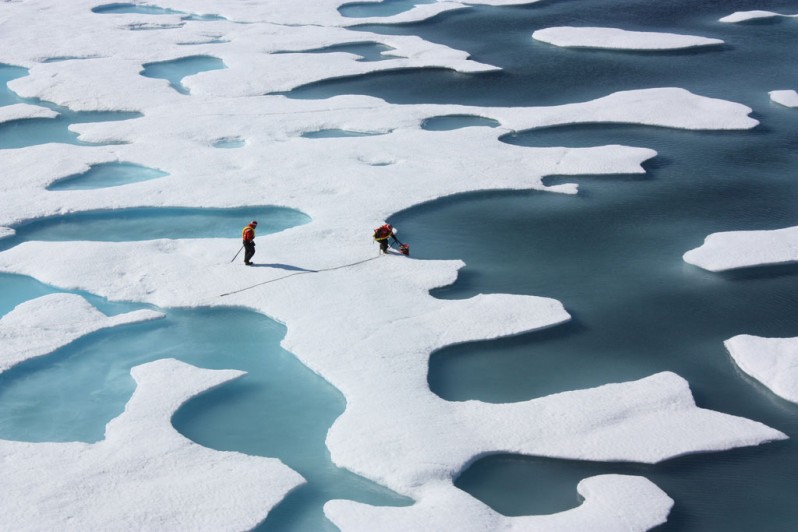
The Greenland ice sheet is on track to lose mass at about four times the fastest rate observed over the past 12,000 years.
Atlantic Ocean circulation at weakest in a millennium
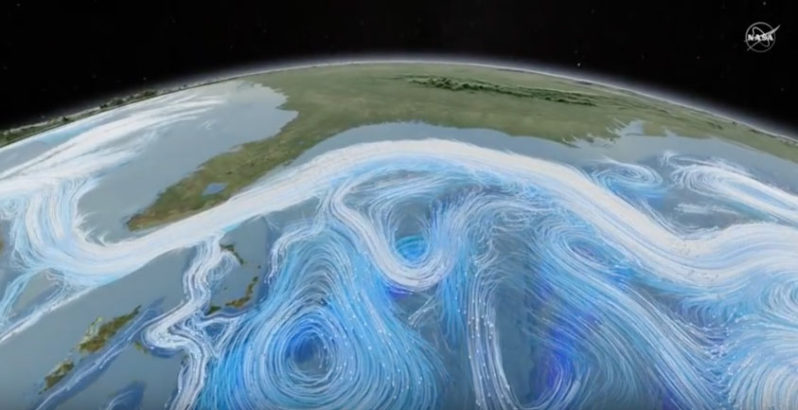
The Atlantic Ocean circulation that underpins the Gulf Stream, the weather system that brings warm and mild weather to Europe, is at its weakest in more than a millennium, and climate breakdown is the probable cause…
How whales help cool the Earth
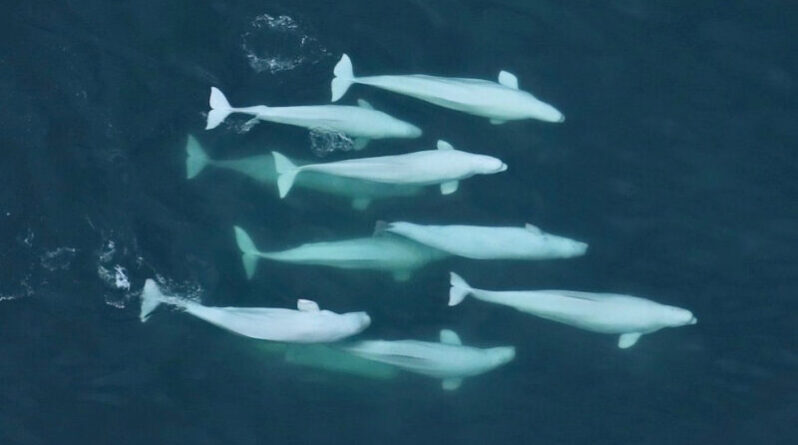
…restoring whale populations to their pre-whaling numbers could be an important tool in tackling climate change…
How travelers help to protect the Outer Islands of the Seychelles
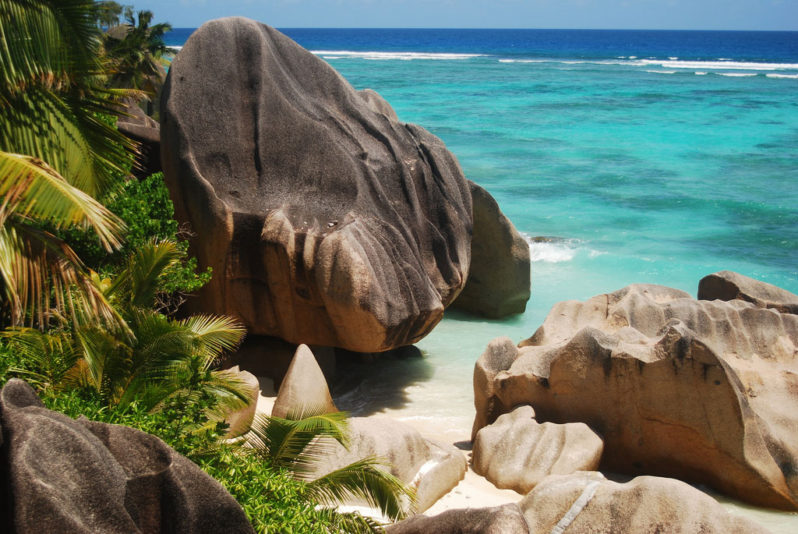
There are few places in the world as beautiful, or as vulnerable as the Outer Islands of Seychelles.
Rebuild or Leave ‘Paradise’: Climate Change Dilemma Facing a Nicaraguan Coastal Town
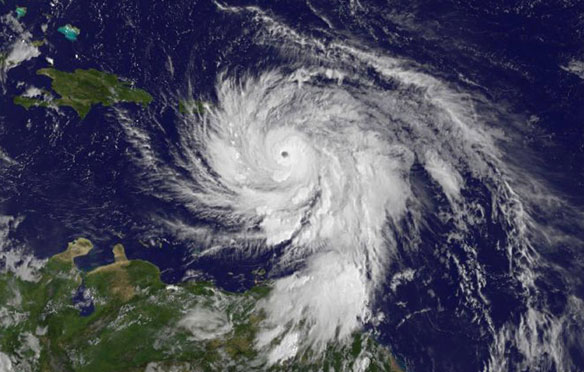
Two major November hurricanes slammed into the same part of Nicaraguan coast, laying waste to the Miskito village of Haulover. Faced with a future of intensifying storms, the residents must now consider whether to abandon their way of life by the ocean and move inland.
